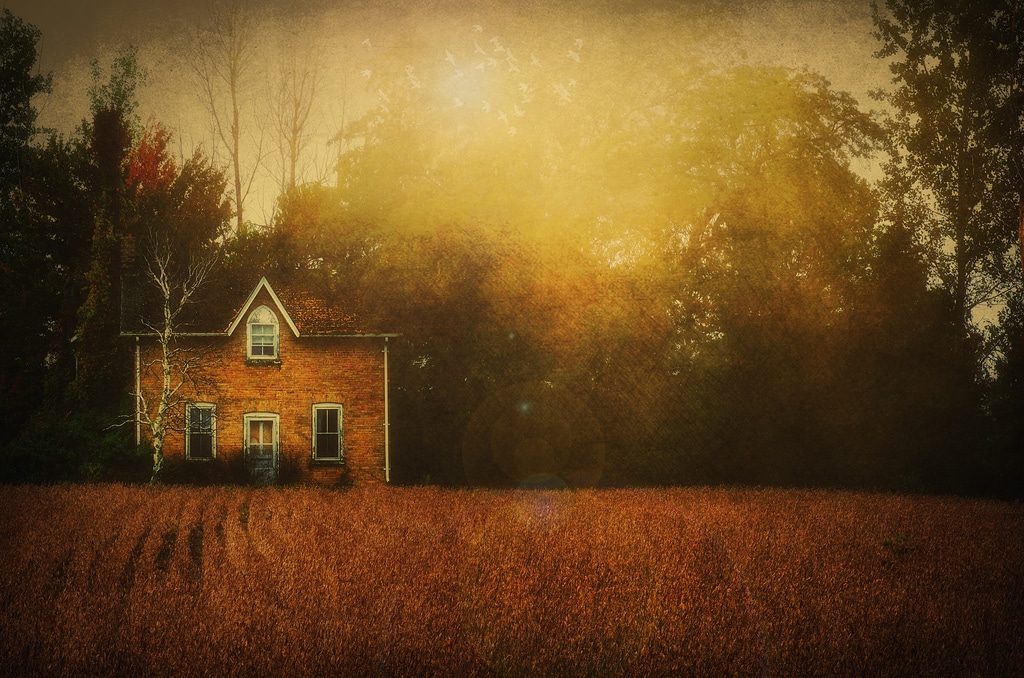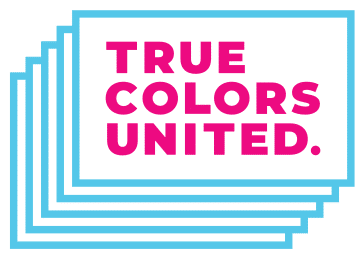
When thinking about June, many in the LGBTQ community think: Pride Month! June is Pride Month, commemorating the Stonewall Riots of June 1969 – a tipping point for the Gay Liberation Movement in the United States. It’s an important time to reflect on and celebrate the progress we’ve made. And in 2014, there’s certainly much to celebrate.
But did you know that June is also Homeownership Month? The National Association of Homebuilders says, “Each June during National Homeownership Month, Americans have the opportunity to reflect on how homeownership has enhanced our lives and contributed to the thriving communities we call home.”
But what we call home differs from person to person, especially for LGBTQ youth experiencing homelessness. We spoke with some of these youth about the ways they redefine home for themselves. Their names have been changed to protect confidentiality.
To some, home is defined by a feeling. Some LGBTQ young people are forced to choose between staying in their physical homes and being at home within themselves. For example, whether Kimmi was in a group home, a foster residence, or residing temporarily with her family, having a physical home meant hiding, enduring harassment and abuse, and ultimately leaving. To her, home means:
“A neutral space. Where I can be comfortable, feel safe, feel you know, just… be me. I won’t have to worry about anything. Anything like people just, ugh, the normal stuff. I won’t have to feel like I have to leave. I won’t have to feel like I have to hide certain stuff. You know, I could just feel free. Like I feel when I’m homeless. That’s what I want to feel like when I have a place to stay – like I’m homeless. Like I don’t have a care in the world.”
To others, being at home means being accepted. Christie recalls an experience of feeling at home with a foster family:
“There, in North Carolina, for the first time, I had a bunch of friends and everyone was, you know, that was my family. I can actually say that was my family. Because they accepted me, you know, no questions asked. They just…loved me for me. Even though my biological family loves me, they don’t love me for me.”
And to many more, home means stability. James says:
“Being able to know that you’re gonna be able to go to sleep and wake up in the same bed. I mean, go out and come home to that same bed and… being able to like walk around your house and feel like nobody’s gonna kick you out of it the minute you… [mess] up.”
The LGBTQ community doesn’t much talk about youth homelessness during Pride Month celebrations, although we are working to get these stories out there. Every day, I think of the thousands of LGBTQ youth who don’t have homes, or who don’t feel safe in their homes, and how they begin to define and create homes for themselves in brilliant and necessary ways.
According to the National Association of Homebuilders, “Homeownership has long been the foundation of the American dream. It provides more than shelter for your family and a home for your most valued treasures. For generations of Americans, owning your home means owning your future.”
Many LGBTQ young people have told me that you don’t need to literally own a house to own a home, that one can find home wherever they go. But how great would it be if our young people did not have to search for a physical place where they could feel at home? How great would it be if we worked to ensure that all existed for them, so that they could focus their energy and creativity and intelligence on other things? As I reflect on the 45 years since the events at Stonewall, it becomes ever clearer to me that, no matter if you’re gay or straight, transgender or cisgender, the fate of our nation rests in the hands of our youth. Together, let’s help them own their futures.
